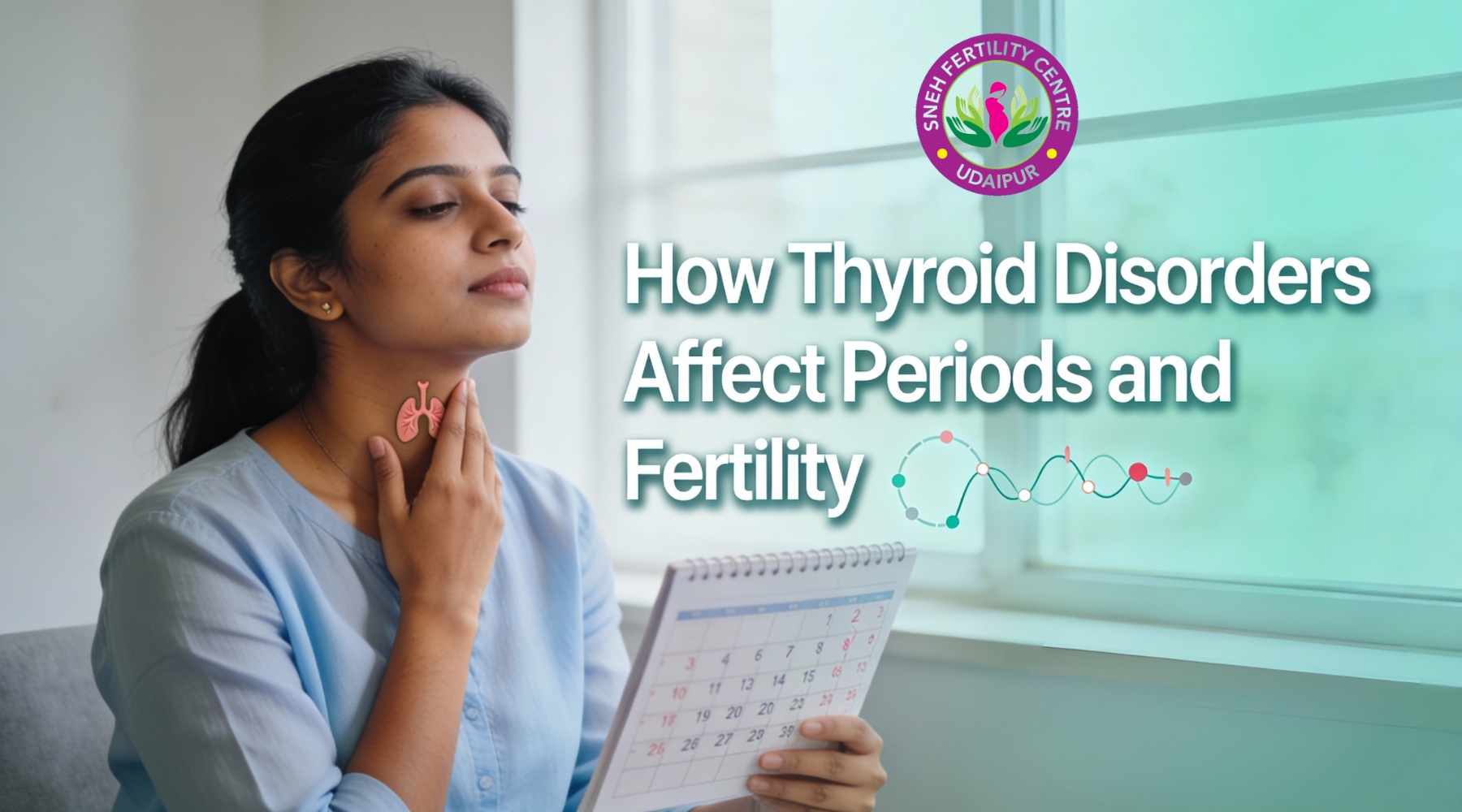Irregular periods are more than just an inconvenience. They can be a sign of underlying health issues that require medical attention. While many women experience variations in their menstrual cycle from time to time, consistently irregular periods could indicate something more serious. Understanding the reasons behind irregular menstruation and knowing when to consult a gynecologist is crucial for maintaining your reproductive health.
What Are Irregular Periods?
A typical menstrual cycle lasts between 21 to 35 days, with menstruation occurring for 3 to 7 days. When your cycle falls outside of this range—whether it’s shorter, longer, or missing altogether—you may be experiencing irregular periods. Irregularities can include:
Causes of Irregular Periods
Irregular periods can result from a variety of factors, some of which are benign, while others may require medical intervention:
- Hormonal Imbalances: Conditions like Polycystic Ovary Syndrome (PCOS) or thyroid disorders can cause fluctuations in hormone levels, leading to irregular periods.
- Stress: High levels of stress can interfere with your menstrual cycle by disrupting the hormonal balance in your body.
- Weight Changes: Sudden weight gain or loss can affect your menstrual cycle. Being underweight or overweight can lead to irregular periods.
- Exercise: Excessive physical activity can sometimes cause missed periods, especially in athletes or those engaged in rigorous training.
- Reproductive Health Issues: Conditions like endometriosis or uterine fibroids can also lead to irregular periods.
Why Consult a Gynecologist?
While occasional irregularities in your cycle may not be cause for concern, consistent irregular periods warrant a visit to a gynecologist. Here’s why:
When to Seek Help
You should consult a gynecologist if:
Why Choose 𝗦𝗻𝗲𝗵 𝗙𝗲𝗿𝘁𝗶𝗹𝗶𝘁𝘆 & 𝗨𝗿𝗼𝗹𝗼𝗴𝘆 𝗖𝗲𝗻𝘁𝗲𝗿?
At 𝗦𝗻𝗲𝗵 𝗙𝗲𝗿𝘁𝗶𝗹𝗶𝘁𝘆 & 𝗨𝗿𝗼𝗹𝗼𝗴𝘆 𝗖𝗲𝗻𝘁𝗲𝗿, we specialize in diagnosing and treating a wide range of gynecological issues, including irregular periods. Our experienced team of gynecologists provides personalized care to help you manage your menstrual health effectively. With state-of-the-art facilities and a patient-centric approach, we are committed to ensuring that you receive the best possible care.
Don’t ignore the signs—consult a gynecologist at 𝗦𝗻𝗲𝗵 𝗙𝗲𝗿𝘁𝗶𝗹𝗶𝘁𝘆 & 𝗨𝗿𝗼𝗹𝗼𝗴𝘆 𝗖𝗲𝗻𝘁𝗲𝗿 today to take control of your reproductive health.






